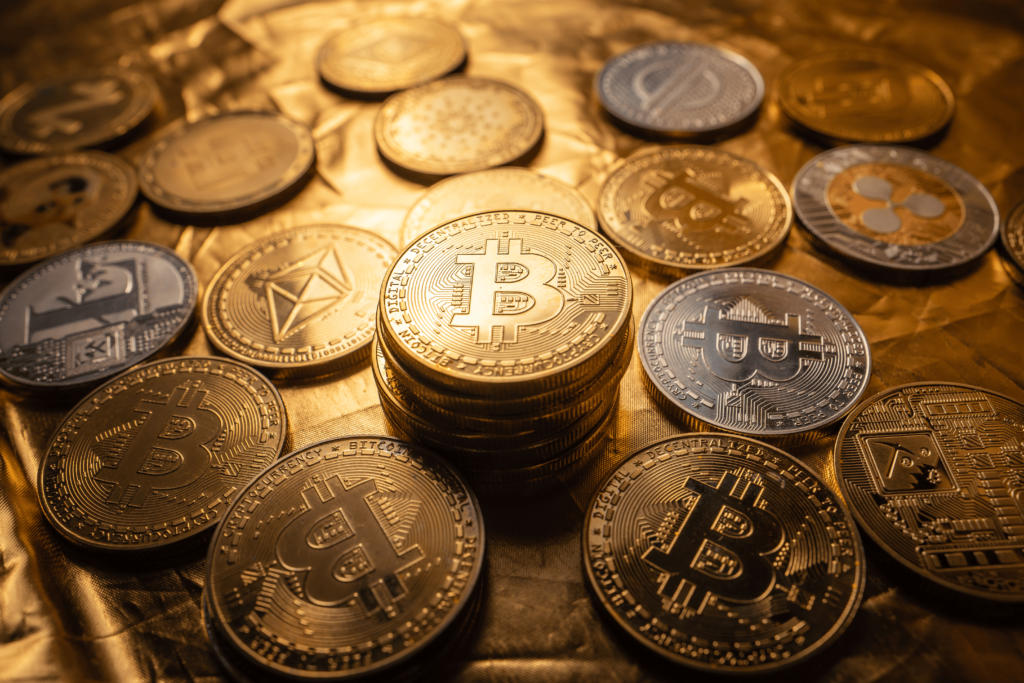The Rise of Cryptocurrency in Pakistan

The global financial landscape has undergone a significant transformation with the rise of cryptocurrencies. As digital assets gain traction worldwide, cryptocurrency in Pakistan is also witnessing growing interest among investors, traders, and the general public. However, the legal framework, awareness, and adoption rate in the country remain areas of concern. This article explores the current state of cryptocurrency in Pakistan, its opportunities, risks, and future prospects. Understanding Cryptocurrency What is Cryptocurrency? Cryptocurrency is a decentralized digital currency that uses cryptography for secure transactions. Unlike traditional money, it is not regulated by any central authority. How Does Cryptocurrency Work? Cryptocurrencies operate on blockchain technology, which records transactions transparently and securely. Bitcoin, Ethereum, and Binance Coin are some of the most well-known digital currencies. Popular Cryptocurrencies in Pakistan Many traders in Pakistan prefer Bitcoin, Ethereum, Ripple, and Litecoin due to their market stability and adoption in international trade. Legal Status of Cryptocurrency in Pakistan Government Regulations The State Bank of Pakistan (SBP) has not officially legalized cryptocurrencies. In 2018, SBP issued a statement prohibiting banks from facilitating cryptocurrency transactions. Challenges with Legalization Despite its growing popularity, cryptocurrency in Pakistan faces regulatory hurdles. Authorities are concerned about fraud, money laundering, and potential risks to the financial system. The Need for Regulatory Framework To ensure safe trading, a well-defined regulatory framework is required to monitor cryptocurrency exchanges and protect investors from financial scams. Growing Popularity of Cryptocurrency in Pakistan Increasing Public Interest With rising inflation and economic instability, many Pakistanis see cryptocurrency as an alternative investment to hedge against financial uncertainties. Digital Awareness and Trading Platforms Several online platforms offer cryptocurrency trading services, allowing individuals to buy, sell, and store digital assets easily. Role of Social Media and Influencers Crypto-related discussions on YouTube, Twitter, and Telegram are increasing awareness and educating the public about investment opportunities in digital currencies. Opportunities for Cryptocurrency in Pakistan Investment and Wealth Creation Cryptocurrency trading has proven to be profitable for many investors, offering opportunities for wealth accumulation and passive income. Blockchain-Based Startups Pakistan’s tech industry is gradually adopting blockchain technology, leading to innovative solutions in finance, supply chain, and data security. International Transactions and Remittances Cryptocurrency provides a fast and cost-effective way to send and receive remittances, bypassing traditional banking fees and delays. Risks Associated with Cryptocurrency Trading Volatility and Market Fluctuations Crypto prices are highly volatile, making investments risky for inexperienced traders who do not understand market trends. Security Concerns and Scams Since the industry remains largely unregulated, fraudulent schemes and Ponzi scams are prevalent, leading to financial losses for investors. Lack of Consumer Protection Without legal backing, cryptocurrency traders in Pakistan have no formal protection against hacking incidents or exchange shutdowns. Future of Cryptocurrency in Pakistan Government’s Stance on Crypto Adoption Discussions about regulating cryptocurrency in Pakistan are ongoing, with policymakers exploring potential benefits and risks. Potential for Digital Currency Development Pakistan is considering launching a central bank digital currency (CBDC), which could pave the way for wider crypto adoption in the future. Public Awareness and Financial Literacy Educating the masses about cryptocurrency risks and rewards is crucial to fostering responsible trading and investment habits. Conclusion The future of cryptocurrency in Pakistan remains uncertain due to regulatory challenges and legal constraints. However, its growing popularity suggests a shift towards digital assets as a viable investment option. If the government establishes a transparent regulatory framework, Pakistan could embrace cryptocurrency for economic growth, innovation, and financial inclusion. Until then, investors should proceed cautiously, ensuring they understand the risks involved in digital trading.
